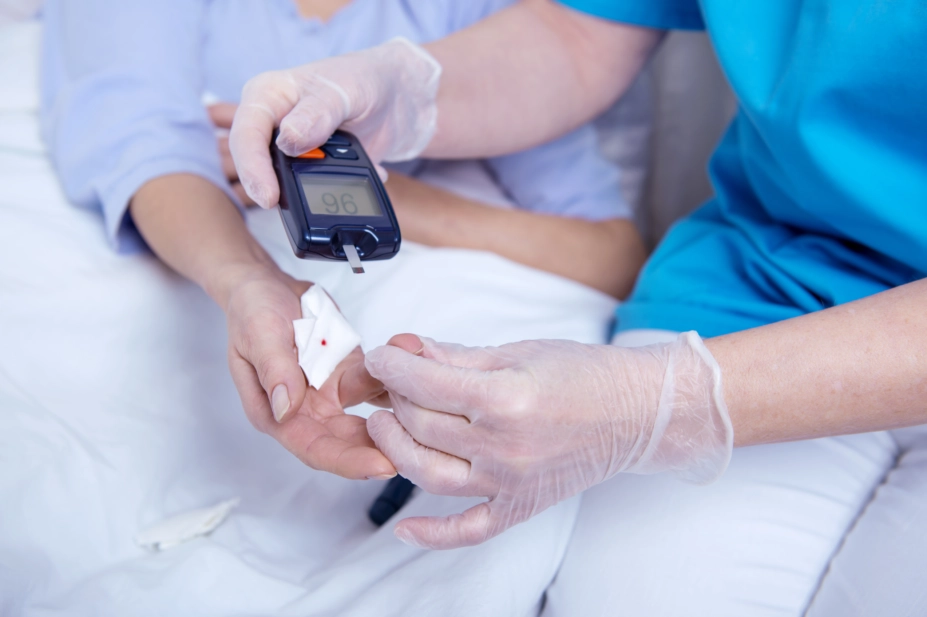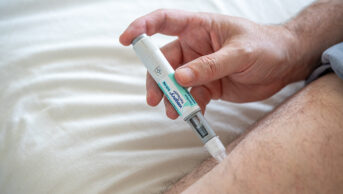
Shutterstock.com
Hospital treatment for patients with poorly controlled diabetes cost the NHS more than £3bn in avoidable costs in 2017/2018 if all patients controlled their glycaemia, a study presented at the European Association for the Study of Diabetes’s 55th Annual Meeting in Barcelona, Spain (16–20 September 2019) has shown.
The researchers looked at the cost of hospital treatment provided to people with type 1 diabetes mellitus (T1DM) and type 2 diabetes mellitus (T2DM) compared with people without diabetes in 2017/2018. The data were provided by NHS Digital Hospital Episode Statistics in England and the National Diabetes Audit.
Some 54 million patients from 7,013 GP practices were found to be non-diabetic, while 2.9 million had T2DM and 0.24 million had T1DM. The researchers analysed each of the patient’s elective and emergency admissions, outpatient visits and attendance to accident and emergency, and calculated the total overall hospital costs in each of the patient groups. They found that, of total hospital costs of £32bn per year, £5.2bn was linked to people with diabetes.
After adjustment for normal associated costs, including the older age of people attending hospital with T2DM, the figure fell to £3bn. This equated to £560 per person without diabetes, compared with £3,280 for people with T1DM and £1,686 per person with T2DM.
The study found that only 62% of people tested had controlled their glycaemia in the past three months.
“People with diabetes are admitted to hospital more often, especially as emergencies, and stay — on average — longer as inpatients,” said Adrian Heald, a consultant at Salford Royal Hospital in the UK and one of the researchers on the study.
“These increased hospital costs — 40% of which come from non-elective and emergency care — are three times higher than the current costs of diabetes medication.
“Improved management of diabetes by GPs and diabetes specialist care teams could improve the health of people with diabetes and substantially reduce the level of hospital care and costs.”


